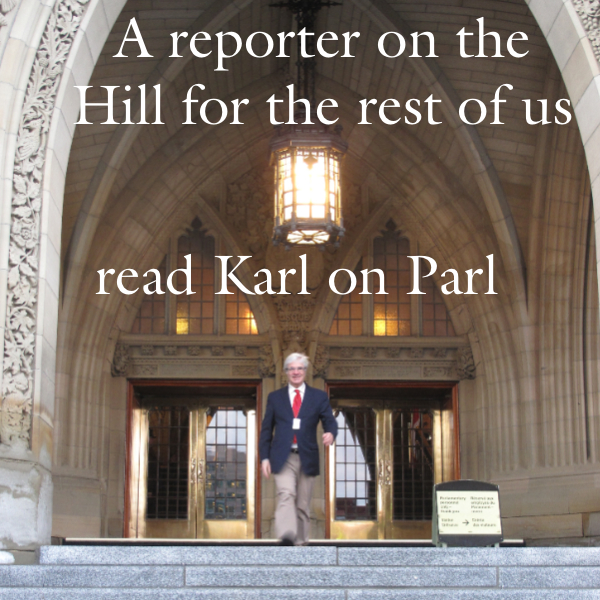Do you want to see more independent reporting from Parliament? Please chip in now to keep rabble.ca on the Hill!
As the battle of words rages over whether the man who shot Nathan Cirillo and invaded Parliament last week was a terrorist or merely a mentally ill person, the RCMP has decided to weigh in.
Sunday evening the federal police force issued a news release, over Commissioner Bob Paulson’s signature, about its investigation of Michael Zehaf-Bibeau, which says:
“The RCMP has identified persuasive evidence that Michael Zehaf-Bibeau’s attack was driven by ideological and political motives.”
The RCMP does not give us any of this evidence, saying it cannot do so “at this time.” But Paulson does tell Canadians that “Zehaf-Bibeau had prepared a video recording of himself just prior to conducting this attack.”
He goes on to explain that the “RCMP is conducting a detailed analysis of the video for evidence and intelligence,”and asks for patience as to the contents of the video. There are some reports it might be made public imminently.
The news release also talks about Zehaf-Bibeau’s weapon, or rather, weapons.
It tells us about a knife Zehaf-Bibeau was apparently carrying this past Wednesday, which the RCMP believes “was retrieved from his aunt’s property in Mont Tremblant.” Zehaf-Bibeau, we now learn, “had lived [at the aunt’s Tremblant property] three years earlier and appeared to have stored the knife on the property.”
The police diplomatically do not mention the gun registry
Of perhaps greater pertinence, the RCMP reveals that it is still busy investigating the origin of the gun, a Winchester 30-30 rifle, which Zehaf-Bibeau used to kill Cirillo, injure a Parliamentary security guard and terrorize the Parliamentary precinct and a country.
“We are still looking into the origin of the gun used by Zehaf-Bibeau,” the news release tells us. “It is an old and uncommon gun. We suspect that he could have similarly hidden the gun on the [Tremblant] property but our inquiries continue.”
The news release makes no reference to the fact that were there still a long-gun registry it might reveal useful information about that gun’s recent history. That registry has been abolished. All existing data, including any data for this gun, might have been destroyed.
We have to say “might have been” because the gun could have a Quebec history, which means, despite the best efforts of the Harper government, those records might still exist.
The Quebec government has launched a legal action against the federal government to prevent destruction of Quebec data in the registry, and that case is not yet resolved. Ergo, Quebec long-gun data have not (yet) been destroyed.
The gun registry issue is only, admittedly, one part of this story; but it will be fascinating to see how it plays out.
One thing is certain, among all the measures to confront the threat of terrorism the Conservatives are contemplating, you will not find any that restrict access to guns — or even impose record-keeping requirements on buyers and sellers of firearms.
But we digress. The RCMP has other information in its news release.
RCMP is investigating shooter’s ‘interactions’ with others
The RCMP release says, without sharing any details, that it “is also investigating Zehaf-Bibeau’s interactions with numerous individuals in the days leading up to this attack. The investigation is focusing on whether these interactions could have contributed [to] or facilitated, in any way, the terrorist attack subsequently committed by Zehaf-Bibeau.”
The news release also tells us that the RCMP has “identified the source of funds for Zehaf-Bibeau’s pre-attack activities. Zehaf-Bibeau had been employed in the oil fields of Alberta and had saved his money. He had access to a considerable amount of funds. We are investigating all of his disbursements in the period leading up to the attack.”
And so, RCMP investigators do have significant access to financial transaction information that might help fill in key information about this past Wednesday’s shooter. They might even, thanks to the government of Quebec, have access to data about the long gun Zehaf-Bibeau used.
The federal police force promises more details in the near future. For now, the narrative that Zehaf-Bibeau was ideologically and politically motivated will help buttress the Harper government’s case that the ongoing threat of terrorism necessitates increased powers for the folks who gather information — CSIS — and for the police.
We will not have to wait long to find out what sort of increased powers Harper’s team has in mind.




